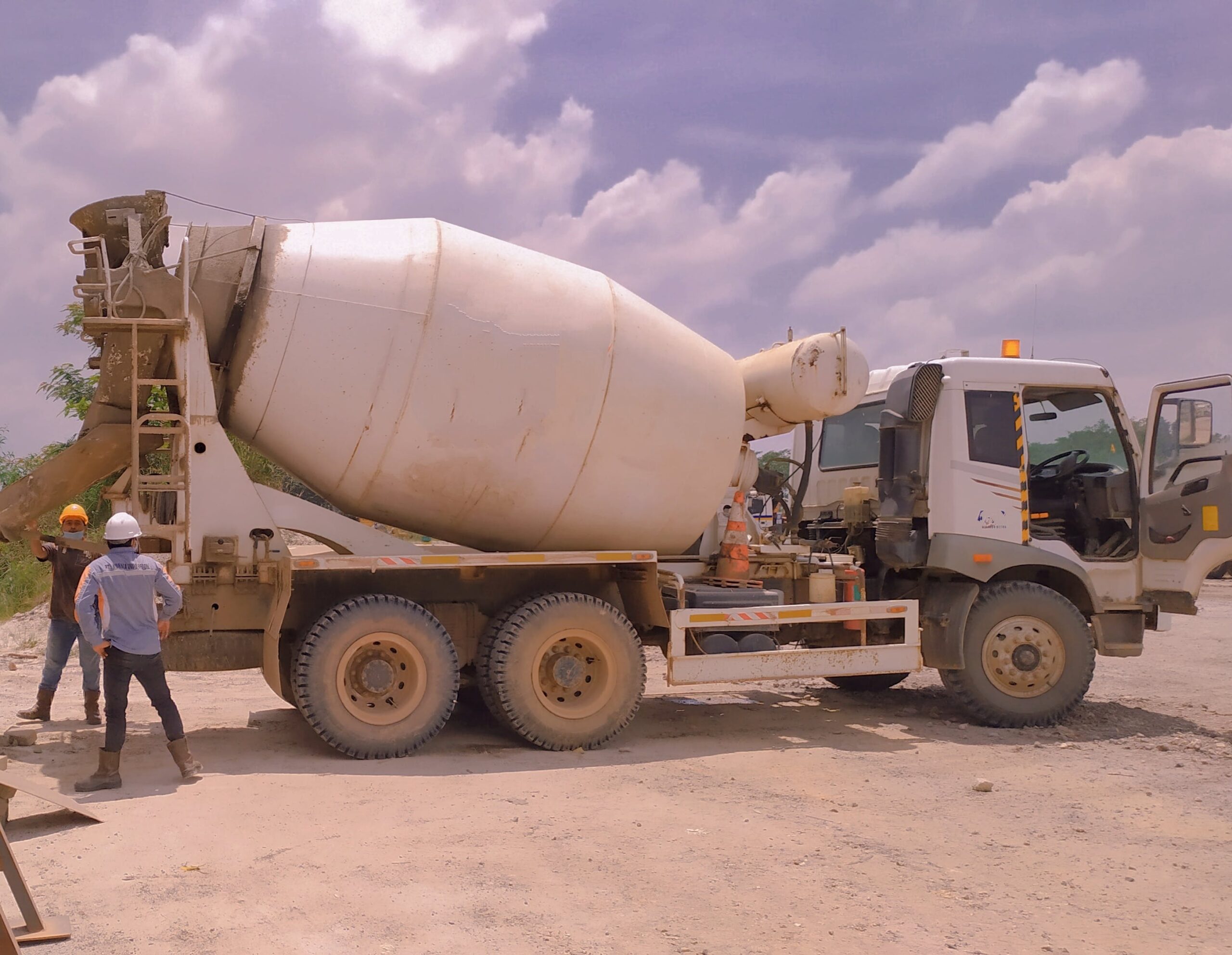6 Types of Cements used in Construction
Cement is a fundamental material in construction, crucial for creating the strong, reliable structures we depend on daily. From your home’s foundation to the roads and bridges you use, the type of cement employed can greatly influence the durability and functionality of these projects. This guide explores six essential types of cement and their specific applications to help you make informed decisions for your construction needs.
The foundation– essential design and best practices
Cement is a powdery binder that hardens when mixed with water, serving as a crucial ingredient in concrete. Concrete, a composite material, combines cement with aggregates like sand and gravel, along with water, to form a robust construction material. Cement acts as the binding agent in concrete, which is used in a wide range of construction applications.

Types of cement and their applications
1. Portland Cement
Versatile and strong, used in foundations, pavements, and structural elements.
2. White Portland Cement
Ideal for decorative purposes due to its clean, bright finish. Used in architectural and aesthetic applications.
3. Rapid Hardening Cement
Suitable for projects with tight deadlines, providing high strength quickly for repairs and fast-paced projects.
4. Low Heat Cement
Generates less heat during hydration, preventing cracks in large structures like dams and foundations.
5. High Alumina Cement
Designed for high-temperature environments, making it suitable for industrial furnaces and refractory construction.
6. Blast Furnace Slag Cement
Enhances durability and seawater resistance, ideal for marine construction and structures exposed to harsh environments.
Characteristics and properties
Each type of cement offers unique properties tailored to specific construction needs. Portland cement provides robust strength for everyday structures, while rapid hardening cement accelerates construction efficiency. White Portland cement delivers a flawless finish, and low heat cement minimizes heat-related cracking.
For example, portland cement excels in providing robust strength to ensure longevity for everyday structures like bridges, walls, culverts, sidewalks, buildings, and much more. Rapid hardening cement offers quick strength gain, which enhances the efficiency of construction projects.
White portland cement provides a bright, clean finish, which makes architectural elements look flawless. Low heat cement minimizes heat during hydration, preventing cracks.
How does cement affect construction projects?
Choosing the appropriate cement type is crucial for project success. Factors such as climate, structural design, and intended use influence the selection process. By understanding the properties and applications of each cement type, you can make well-informed decisions to enhance your construction projects.
Join a fast-growing industry where hard work pays off

RedStone has changed my career tremendously! From not knowing a thing about Asphalt to working in the Asphalt Lab, and now working and shadowing under great project managers. I’m learning new things every single day!
Marcus, Project Manager Assistant

I can say that working at Redstone has made a positive impact on my life by giving me a sense of responsibility and trust. I’d recommend others to apply because they’ll have the opportunity to learn, grow, and expand their skill sets!
Bert Houston, Heavy Equipment Manager

Being on the RedStone team is different because of the way everybody works together and there is no job too big or small. It feels like a family environment.
Craig, Base Superintendent

Working at Redstone has helped me grow as a mechanic. We value flexibility here and I’ve been able to learn new skills and work on a variety of different tasks – plus the hours are great.
Armando Torres, Small Engine Mechanic
If you’re interested in joining a fast-growing industry where you’ll work as a team to build structures that people use every day, check out the RedStone Construction Group’s Careers page to find our current job openings! We’d love to have you!

